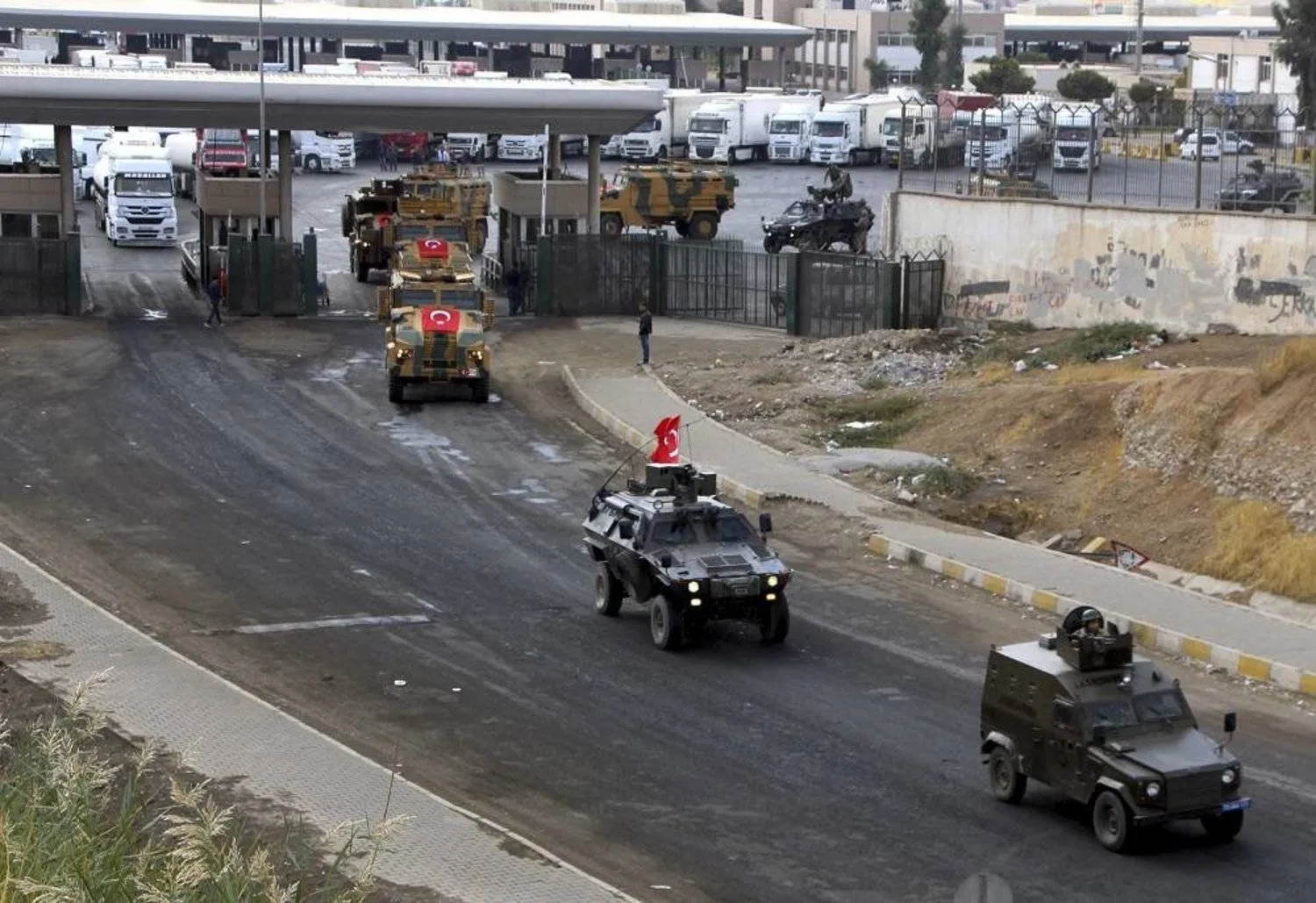Two female journalists were killed in a Turkish airstrike that hit their car in northern Iraq’s semi-autonomous Kurdish region, local officials and media said Friday.
The journalists, Hero Baha’uddin and Golestan Tara, worked for a local Kurdish media company, according to local media outlet Roj News and an official in Sulaimaniyah province who spoke on condition of anonymity because he was not authorized to comment publicly.
Qubad Talabani, deputy prime minister of the regional government in northern Iraq’s semi-autonomous Kurdish region, condemned the strike.
“They were two women journalists, not members of an armed force to be a threat to the security and stability of any country or region,” he said in a statement.
Roj News reported that six other journalists were injured “with varying degrees of severity.”
An earlier statement by the Kurdish region’s counter-terrorism service based in Erbil said a strike near the village of Teperash had targeted a car carrying members of the Kurdistan Workers’ Party, or PKK, a Kurdish separatist group that has waged an insurgency against Türkiye since the 1980s and is banned there and in Iraq.
It said the strike had killed a PKK official along with a guard and their driver.
It was not immediately clear if the two accounts were referencing the same strike and whether there were one or two cars hit.
There was no immediate statement from Turkish officials. Earlier Friday the Turkish foreign ministry said in a statement that its forces had “neutralized” 16 PKK members in other parts of northern Iraq.
“We will continue unpredictable, unconventional, rapid and continuous operations to destroy terrorism at its source,” the statement said.
The PKK has maintained bases in northern Iraq’s semi-autonomous Kurdish region. In recent months, Türkiye has built up its troops in northern Iraq and has threatened an offensive to clear PKK forces from the border area.
Türkiye often launches strikes against targets in Syria and Iraq that it believes to be affiliated with the PKK. Baghdad has complained that the strikes are a breach of its sovereignty, but has also taken a tougher stance against the PKK in recent months.









